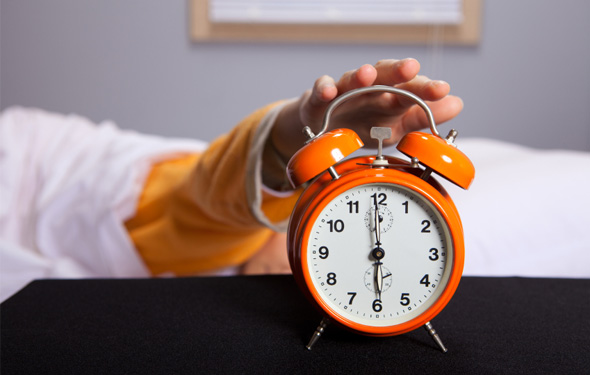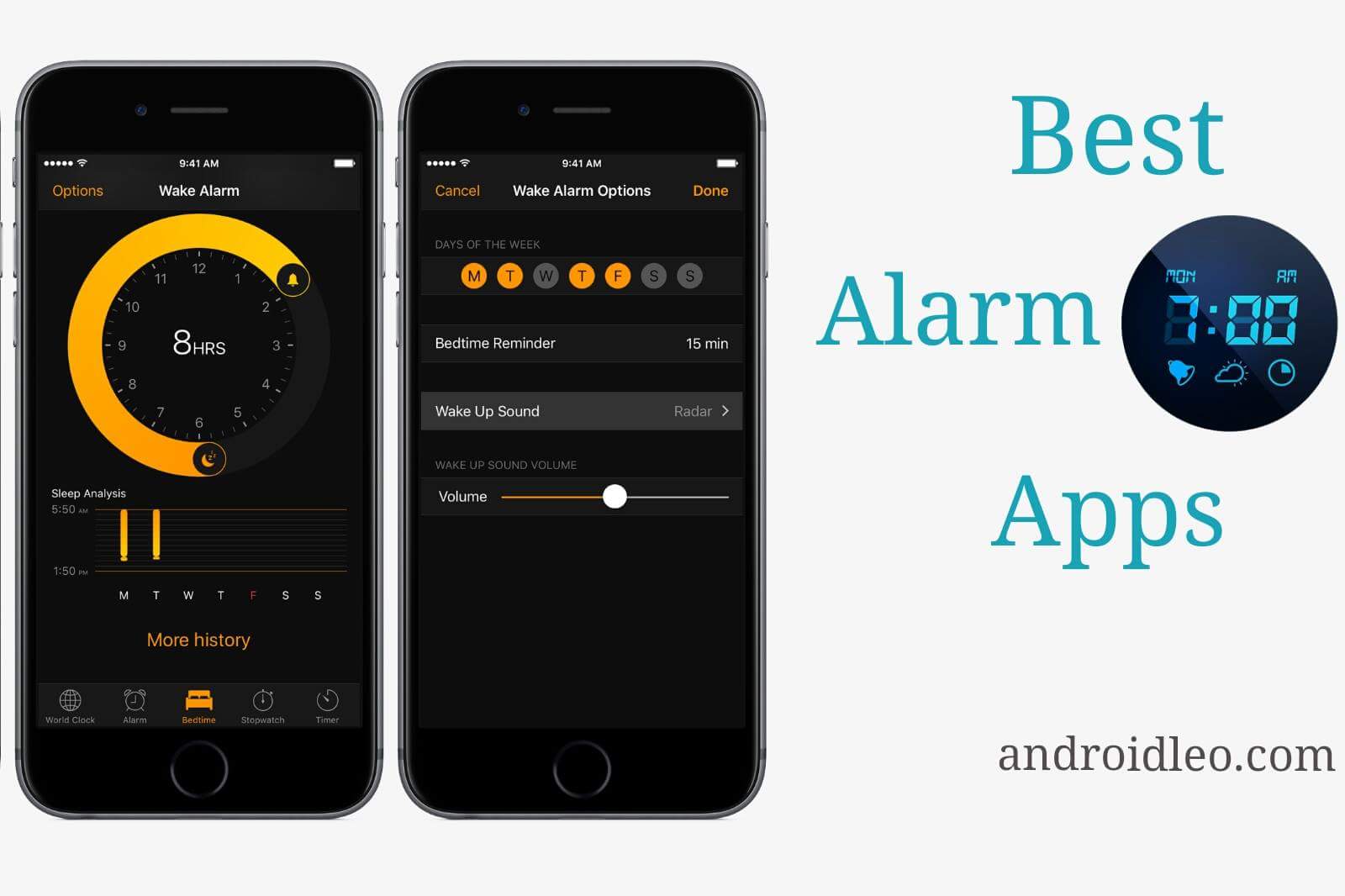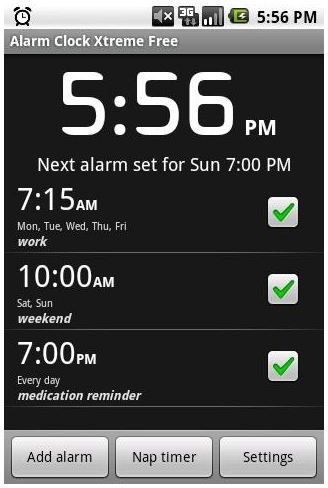
Later then by seemed coincidence the validation runs very reasonably, because all requested features will be met. What I have seen in the industry, is that people do not write the URS really versus the request from the user, but see what system they want to buy, and then write the URS according the features it has. How would that look on an FDA or other regulatory audit? If we had to do a validation of the initial URS, we would only be able to check the box ‘Yes we have it’ for about 3 features, and all the rest of them would get a ‘Nope: Fail!’. It is also only 50% times 50% times 50% of what we want: 12.5% of what we want we would get. If a shop has around 8 models: how much do we have to compromise on? A couple of features? Many features?.Īctually on average to be able to still buy a clock, we would need to compromise on seven(!) requested features: We don’t get what we want at all: We only can expect to keep 3 features (mathematical explanation: 1 in 2x2x2=1 in 8). Would it be easy then for a complex pharmaceutical production system? It means that even for a simple clock radio it will be impossible to validate all of the User Requirements. It might have 3 or 4 models, and some megastores might even have around 20 of them. Usually a shop will have multiple clock radios available, with various options. Now I challenge you to find the clock radio. The math science is that with 10 items with 50% you have a chance in 2 to the power 10 chance resulting in 1 to 1024. The mathematical answer is about one chance in over a thousand(!). What then is the chance I find a clock radio that has all features as requested: What device simply gets me what I am most reasonably asking for… Some features are likely, but some not so much, but on average 50%. Let’s assume clocks in the shop for every requirement have a likeness of 50% It has the requested feature or not.

One can argue that I am asking a lot, but then again all requests don’t seem to be unreasonable on their own, do they?

I would want it to increase the sound level gradually to not scare me in the morning.I do want it to change to a beeping tone if the radio station is unreachable.

I want it to be able to wake up with a radio station from my home country (as I work abroad most of the time).

I want it to remember the alarm settings, also after a power outage.I want it to always have the correct time, without having to adjust it regularly.I want it on wall plug power supply to avoid batteries exchanging.It needs to have a large display (for easy reading without glasses in bed).So as an exercise let’s define what a clock radio would possibly need, and see what happens, How difficult can it be to buy a proper one, right?! You define for a system what features are necessary. URS stands for User Requirements Specification, and that exactly what it is: It is widely used in pharmaceutical companies.


 0 kommentar(er)
0 kommentar(er)
